Who were our ideologists afraid of in "their" Europe?
Is there life without Lenin
After the departure of Stalin, ideological and propaganda work in the USSR quickly slipped into outright nourishment. In Eastern Europe, it turned out to be an extremely disastrous failure. However, we are not afraid of accusations of a penchant for conspiracy - it cannot be ruled out that it has become deliberately failed.
This has become especially noticeable since the beginning of the 60s of the last century. The countries of people's democracies, in parallel with Soviet economic benefits, received gifts in the form of almost complete permissiveness in the cultural sphere.
Not only that, the "overseers" from the USSR were afraid to even hint at a semblance of censorship. The real "promotion" there of the ideology of friendship, mutual benefit from cooperation with the USSR was carried out, as they say, from time to time. Moreover, without widespread coverage in the Soviet and local media.
And even a well-founded emphasis on the merits of Soviet soldiers-liberators could well have been regarded by domestic would-be ideologists as an excess. Now, when the last generation of Eastern Europeans with a “living memory” is leaving, one should hardly be surprised at the attitude towards the monuments of the great era, which, alas, has become the norm not only in Poland, but almost everywhere.
But soon after the war, the liberated peoples, including the local party and government workers, immediately found themselves virtually outside the area of "pro-Soviet" ideology. Taking into account the "addition" in the form of well-known military actions in Hungary and Czechoslovakia, this only accelerated the growth of anti-Sovietism and Russophobia in most of the people's democracies.
With the beginning of perestroika, or rather, when its inevitable failure became clear, the overwhelming majority of the "fraternal" peoples almost overnight became hostile to the USSR. Along with the "pro-Soviet" past of these countries, their liberation from the Nazi occupation turned out to be forgotten.
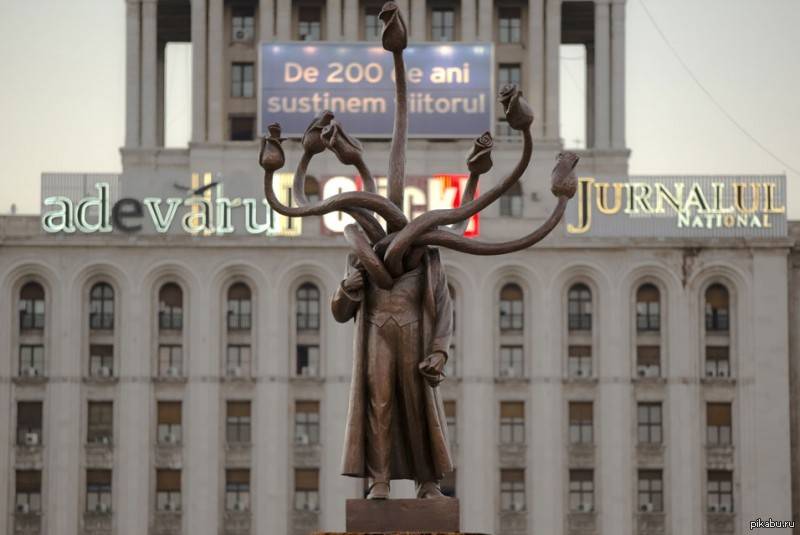
In the last decade of March 1991, the withdrawal of the main contingent of Soviet troops from the former GDR, disintegrating Czechoslovakia, as well as from Bulgaria, Hungary and Poland was completed. At the same time, not all of them “went home” yet - but almost three-quarters of the total number of Soviet troops and weapons in these countries.
By the same time, the main Soviet military facilities were evacuated. The Warsaw Pact, officially dissolved on July 1, 1991, de facto self-liquidated by the end of 1990.
And "were they afraid of the Hungarians?"
Actually, this is not surprising: anti-Soviet and Russophobic manifestations in the still "fraternal" countries began to openly grow already in the mid-1980s, shortly after the Polish Solidarity. And even then there was no official rebuff from Moscow. And, as they say, further - more ...
In the messages of the political department of the Southern Group of Forces (some of its units were in Bulgaria, the main contingent was in Hungary) in the USSR Ministry of Defense at that time, it was often said about the nationalist, anti-Soviet antics of local residents, especially from the elderly and young people. For example, anti-Soviet slogans were attached to the fences, anonymous letters were received accusing them of "occupation".
The same department also reported on the insufficient work of the USSR embassy and other Soviet organizations to promote friendship between the Soviet and Eastern European peoples. And also that such work with the local population was ignored by the party organs of the countries of Eastern Europe since the second half of the 1970s.
Doctor historical Sciences V.K. Mokshin from the Arkhangelsk State University. Lomonosov drew attention to the rapid strengthening of the "non-Soviet" situation in society and power structures in Eastern Europe:
And not only alien, but also imposed, as it was believed there, by the hegemonic empire. Therefore, nationalism in these
They responded with an unprecedented orgy of demolition and desecration of monuments and other memorial sites in honor of Soviet soldiers who died for the liberation of these countries from Nazism in 1944-1945. Memorials of "age-old" friendship with the USSR came under a hot hand, as they say.
For three decades, there have been more than 200 recorded cases of this kind alone. And there is no reason to hope that someone is going to slow down the process. Despite all the regular protests from the Russian Foreign Ministry.
Firsthand
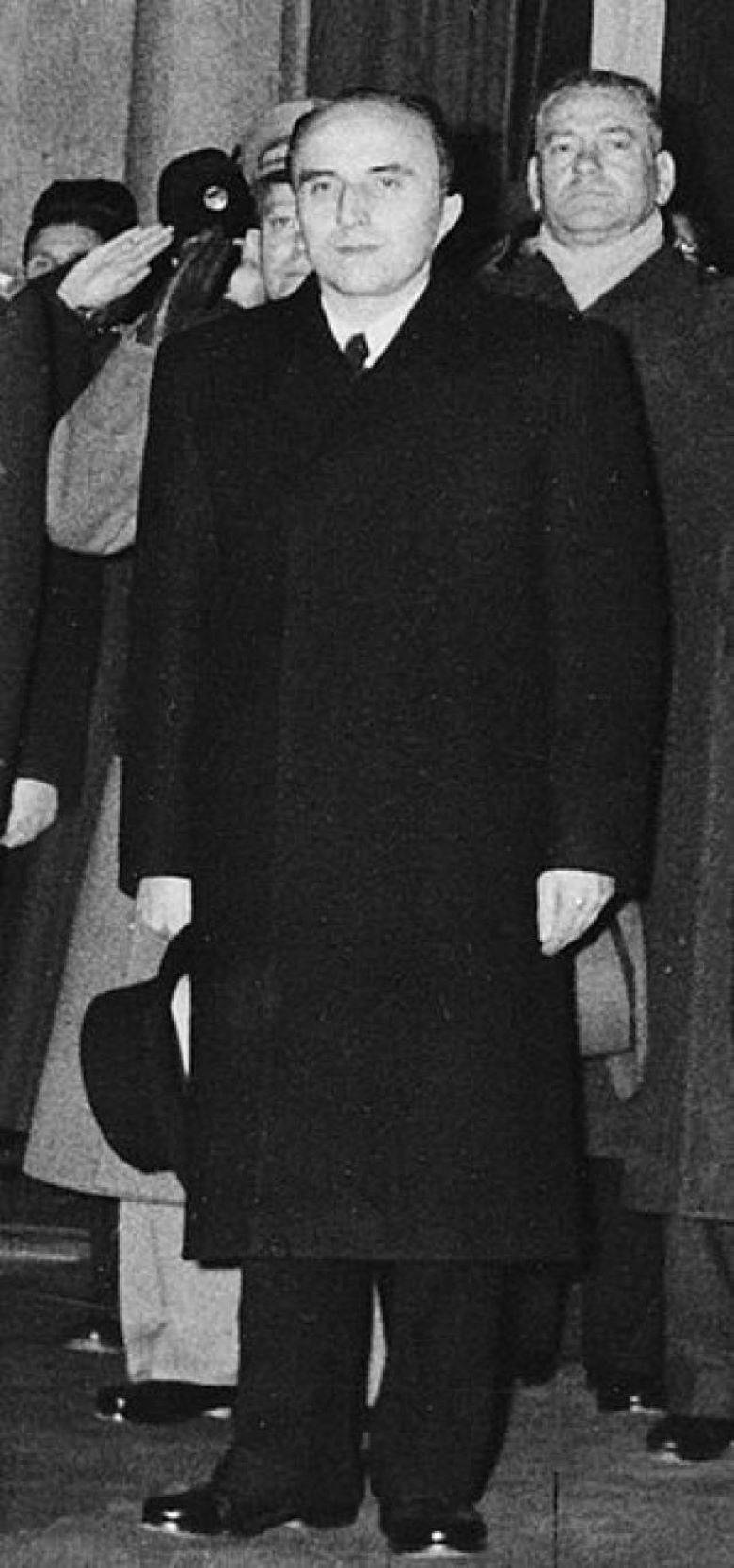
Hungarian Andras Hegedyus (1922-1999, pictured), one of the leaders of socialist Hungary, who was dismissed in the late 50s for condemning Khrushchev's policies towards socialist countries and the world communist movement, spoke about the reasons more accurately than others. Communists of Eastern Europe):
Mass events were also held to explain the neo-colonial policy of Germany and, in general, the West towards Eastern Europe, to familiarize the East Europeans with the culture of the USSR, with the long-standing cultural ties between the countries of Eastern Europe and Russia.
But then those who came to power in Moscow and Eastern European countries in the middle - by the end of the 50s, soon abandoned such an important policy. That was due to their intellectual level. They did not understand the full importance of the ideological education of the peoples of the Warsaw Pact countries. "
And in Moscow from that period, notes A. Hegedyush,
Such actions, without the previous propaganda policy, were perceived by the local population only as an increase in the occupation. Which, in the growing majority, began to wait for the right moment to "take revenge." Which is exactly what happened. "
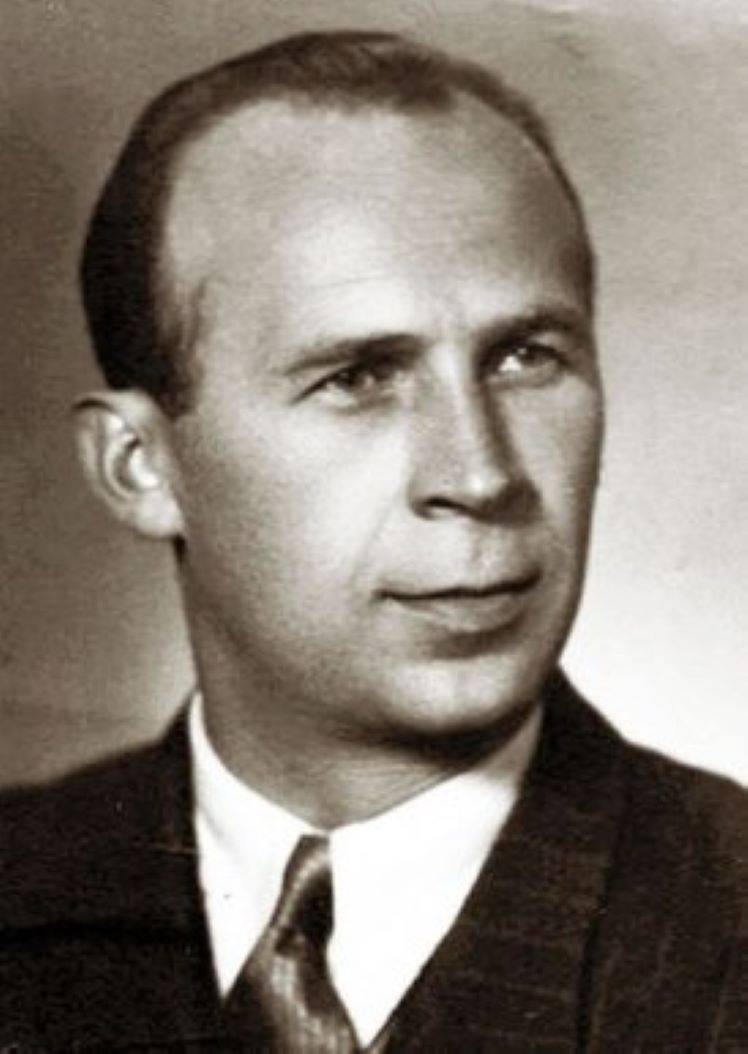
It is quite possible to agree with Kazimierz Miyal (1910–2010, pictured), one of the leaders of the Polish People's Republic until 1957, later disgraced (ibid - Communists of Eastern Europe):
Therefore, ideological education in "pro-Soviet" Eastern Europe was actually stopped. And the same politicians, at first latently, and then more and more openly, introduced Russophobia and precisely anti-Soviet nationalism, playing along with the ideologists and politicians of the West, the emigre circles.
In Moscow, since the mid-50s, the leaders have not paid attention to the ideological twists and turns in the "fraternal" countries: they say, they are present in the Warsaw Pact - it's already good.
We know how it all ended ”.
"Shy" story
The assessments of A. Hegedyusch and K. Miyal are supported, for example, by the following data: in the second half of the 40s - early 60s, over 150 scientific conferences and public events dedicated to the role of the USSR in the liberation of Eastern Europe from Nazism were held in the USSR and Eastern Europe. and in its record-breaking rapid socio-economic development.
And all these forums were widely covered in the press, and then, as if cut off, meetings and conferences became rare. And with extremely brief information about them.
A special issue is the suppression of the decisive role of the USSR in the rapid socio-economic development of Eastern Europe. According to UNCTAD and UNIDO estimates, Soviet supplies of various types of raw materials and semi-finished products at low prices - coupled with preferential and non-repayable loans from the USSR, and increased Soviet prices for imports of various products from the same countries - were the basis for extremely high rates of economic growth in Eastern Europe. ...
Thanks to such an economic policy of the USSR, in the short post-war period, the volume of the gross national product (GNP) in the countries of Eastern Europe - members of the VD increased by more than half, and then from the mid-60s to the early 80s - by another half. In Bulgaria, GDP growth exceeded 60%; in Hungary, the German Democratic Republic, Czechoslovakia, Poland and Romania ranged from 45 to 55%.
However, it was said and written about it literally in fragments. And in Eastern Europe, since the second half of the 60s, it was not mentioned at all. It seems that the liberated peoples were simply "afraid" of reminding them to whom and what they owe their high level of the national economy and social sphere. And also the level of their own wealth ...
Seeds & seedlings
Interesting data have been preserved in the archives of the Union Ministry of Culture and the Union of Soviet Societies for Friendship and Cultural Relations with Foreign Countries.
For the period from the 60s to the early 80s, two dozen approved scenarios of Soviet and joint with Eastern European partners of full-length films about the liberation of Eastern Europe from Nazism were left without implementation.
Both fictional and documentary, where the important role not only of the Soviet troops, but of the local communist underground was especially noted. There is also evidence that information about the "undesirability" or "untimeliness" of such film productions was brought to Moscow quite officially - from Bucharest, Prague, Warsaw and even Sofia.
After the events of 1956, Budapest asked not to remind the Hungarians of the local communist underground. The Romanian leadership hushed up the very fact of the liberation of Moldova and Transylvania by Soviet troops from the Nazis.
It is worth recalling the tour of the Budapest Drama Theater in September 1976 at the Moscow Art Theater. Gorky. Our family got tickets to these performances, and the repertoire included the production of "The Don Stories" by M.A. Sholokhov.
The amazing professionalism of the Hungarian artists, who absolutely accurately reflected the Russian era of the late 1910s - early 1920s, literally caused a storm of applause. And some of the actors participating in the performance said at the end of the performance that such performances strengthen friendship between our peoples, that more “mutual” performances on Soviet and Hungarian themes are needed.
But that never happened. And since the mid-70s, works by authors from Eastern European socialist countries have not been staged at all in Soviet theaters; as well as Soviet authors - in Eastern Europe. Mutual theatrical tours in the same countries, exchanges of decades of films, and art exhibitions also declined.
All these are characteristic touches of the real cultural and ideological policy in the USSR and Eastern Europe to “strengthen fraternal friendship”. That is, repeating K. Miyal - in accordance with the official logic: those countries participate in the Warsaw Pact - and that's okay ...
Instead of PS Shrewd Juche Leader
Far from idealizing North Korea, it would be worth recalling Kim Il Sung's point of view:
As a result, the collapse of the USSR and the socialist countries of Eastern Europe is due to the fact that since the Khrushchev era, the ideological education of peoples has not been carried out in them.
I personally testify: the revisionists, when they came to power after Stalin, kept repeating only about money, their own car and dachas, therefore, ideological and educational work was not carried out in the USSR and Eastern Europe for about 30 years.
Which led to the ideological degeneration of the authorities, then the population and, finally, to the death of the USSR and the socialist countries of Eastern Europe. "
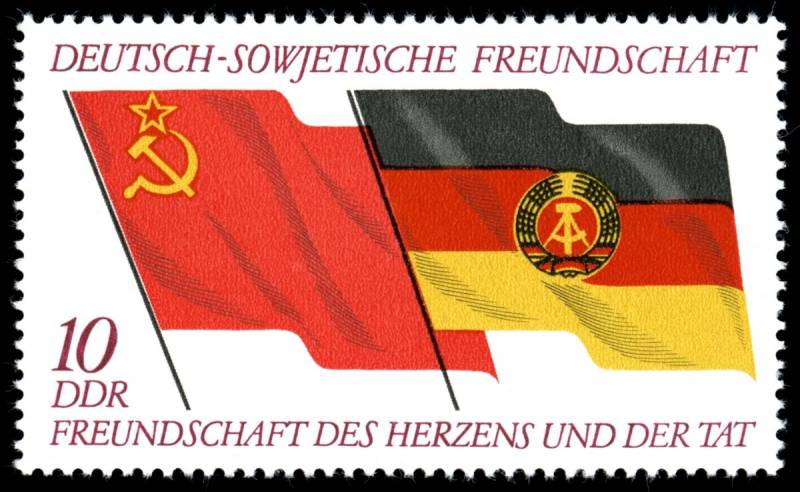
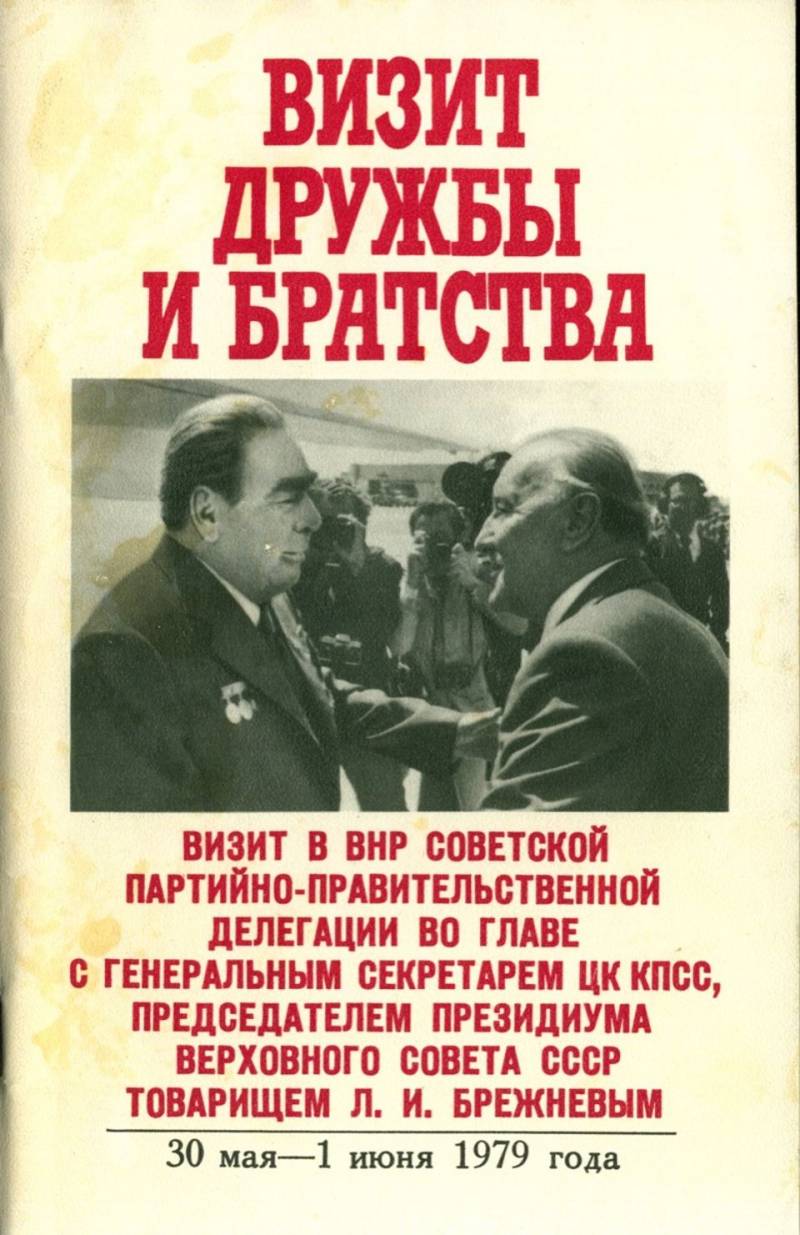
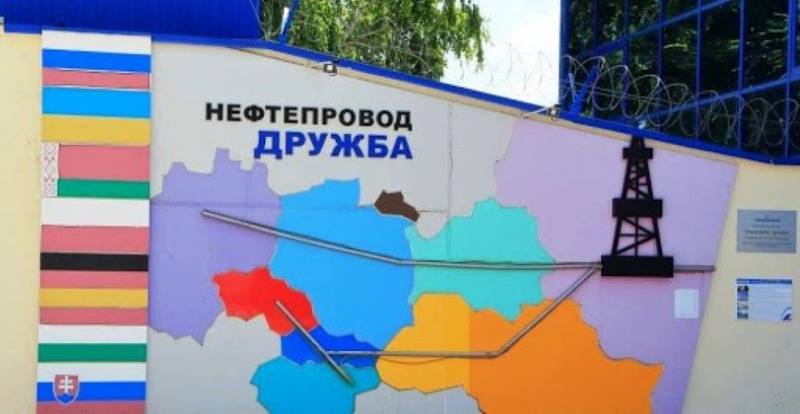
Information